
Study authors provided a detailed summary of the Lombardy region of Italy’s response to the coronavirus outbreak crisis.

Study authors provided a detailed summary of the Lombardy region of Italy’s response to the coronavirus outbreak crisis.

Results from England’s first licensed FMT stool bank are now available.
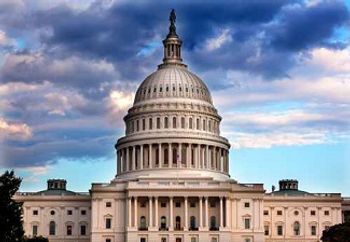
The president is urging people to limit social interactions for the next 15 days, including groups of 10 or more.

Stay on top of coronavirus developments from March 17, 2020.

The CRACKLE-2 study examined clinical characteristics of 3 CRE subsets in the US.

Coronaviruses appear to affect children less commonly and when they do, result in much more mild symptoms and are less likely to lead to severe disease.

The study followed up with 347 contacts of a coronavirus patient to see if they developed symptoms.

Many of the features of telemedicine are well-suited for helping patients with COVID-19 while minimizing the risk to health care workers.
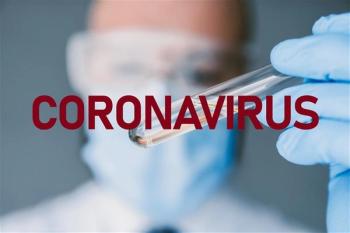
The trial will enroll 45 health adult participants between the ages of 18 to 55 years of age over a 6-week period. The first trial participant received the investigation vaccine, mRNA-1273, today.

Stay on top of coronavirus developments from March 16, 2020.

An antibody gene delivered by a harmless virus produced anti-HIV antibodies for a sustained period.
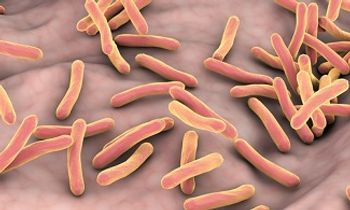
Rifampicin should become a primary treatment options for latent tuberculosis, according to a recent study that found that safety of the drug is greater than that of isoniazid in patients without contraindication.
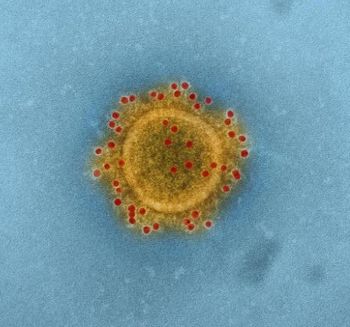
Sanofi and Regeneron are launching a clinical trial program which will evaluate sarilumab (Kevzara) in patients who are hospitalized with severe coronavirus (COVID-19) infection.
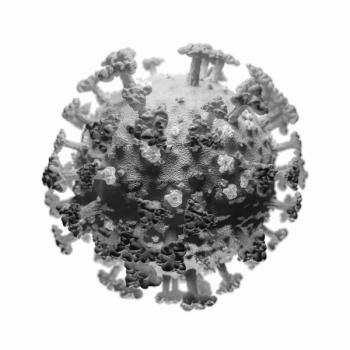
New Jersey residents are being instructed to remain in their homes between the hours of 8pm and 5am in attempt to control the spread of COVID-19 in the Garden State.

A mathematical model based on 4 publicly available data sets finds travel restrictions cut the rate of transmission in Wuhan, China. It also found that it likely takes several cases in a given location before the virus sparks an outbreak.

Care for critically ill coronavirus patients may include several types of treatment, but researchers don’t yet know what is the most effective.
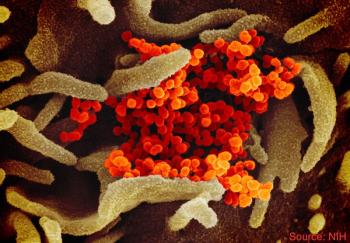
A government’s response can only be effective if the individuals follow the guidelines that are implemented, says a new coronavirus commentary.

Health care workers dealing with the coronavirus pandemic face threats to their physical health as well as their mental health, experts say.

An analysis of confirmed coronavirus case reports said the median incubation period is 5 days.
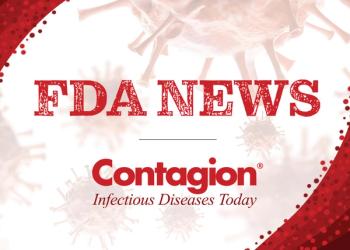
Here is a look at infectious disease-related US Food and Drug Administration (FDA) news from the week of March 8, 2020.
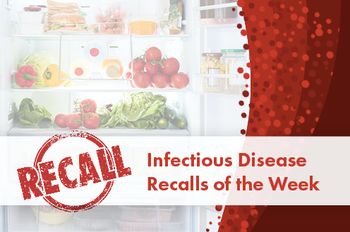
We’ve compiled a list of recalls issued by the US Food and Drug Administration (FDA) and US Department of Agriculture (USDA) from this past week:

President Donald Trump has declared a federal emergency over the COVID-19 outbreak.

Stay on top of coronavirus developments from March 13, 2020.

Stay up-to-date on the latest infectious disease news by checking out our top 5 articles of the week.
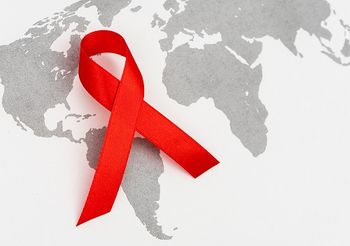
Higher HIV incidence is associated with higher viral burden, according to results from the PopART trial presented at CROI 2020.

The WHO recognized that constant coronavirus updates can cause stress, so they created some mental health tips for patients and their caregivers.
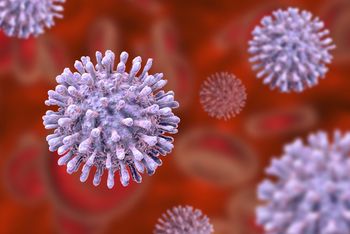
A poster on antiviral PEP safety and tolerability was presented at CROI 2020.
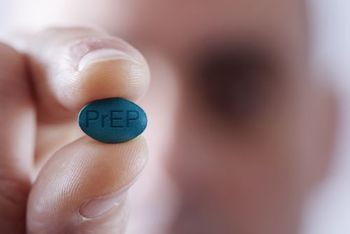
HIV pre-exposure prophylaxis appears to be making a difference, according to new research, which showed an association between increases in PrEP coverage and decreases in HIV diagnosis rates in the United States.

Medical masks are essential tools for health care workers responding to the COVID-19 outbreak, and officials are working to increase understanding and address concerns about shortages of equipment.

The FDA has granted Emergency Use Authorization for the cobas SARS-CoV-2 test.